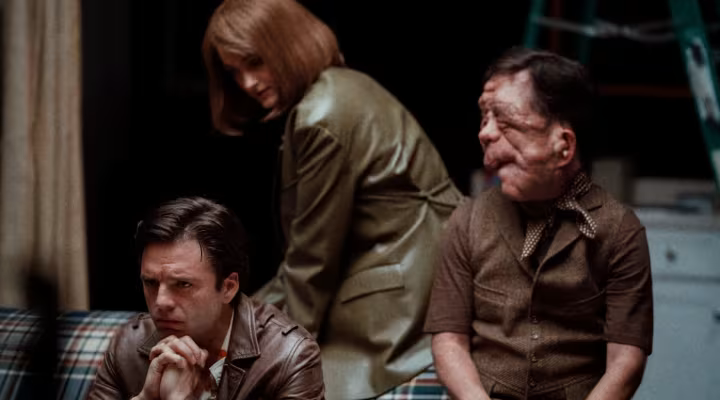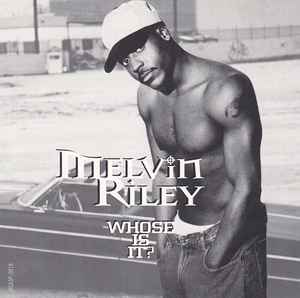
Second Listen Sunday: Cameo, “Single Life”
If there were ever a question on Jeopardy with a category about R&B bands and the question centered on Cameo, I’m sure it would be on one of their signature songs, “Candy” or “Word Up!”


Writer and director Aaron Schimberg delivers an engaging feature with his fourth film, “A Different Man,” produced by A24. In an era where image often precedes substance, “A Different Man” examines the complexities of identity, ambition, and the lengths individuals may pursue to realize their dreams.
The narrative commences with Edward, portrayed by Sebastian Stan with notable vulnerability, who is a passionate yet struggling actor seeking recognition in the competitive theater industry. Compounding his challenges, Edward finds himself enamored with his new neighbor, theater director Ingrid, played by Renate Reinsve. In a bid to attain the “perfect face,” Edward undergoes a radical medical procedure, which appears to be a significant step toward fulfilling his aspirations. This transformation is vividly captured, illustrating not only Edward’s physical change but also his initial exhilaration and newfound confidence.
Cinematographer Wyatt Garfield effectively conveys this transition through a vibrant palette and close-up shots emphasizing Edward’s transient euphoria. However, the film’s tone shifts dramatically as Edward realizes that his ambition costs considerably more than anticipated. He subsequently encounters Oswald, portrayed by Adam Pearson, who endures the very condition from which Edward has been cured. The expected role that Edward believed was his destiny eludes him, revealing the fragility of fame and the harsh realities of the entertainment industry.
This pivotal moment is expertly crafted within the script, intertwining emotional depth with social commentary on the superficiality of societal expectations. What follows is a psychological unraveling as Edward becomes increasingly consumed by his obsession to reclaim his former self, both physically and artistically. Stan’s performance gains complexity as he navigates a range of emotions; his raw desperation and self-loathing are both haunting and compelling.
The supporting cast, notably Pearson as Edward’s new best friend and former confidant, offers a poignant counterbalance to Edward’s descent. Schimberg’s direction warrants commendation for its effective use of surreal elements and incisive realism that reflect Edward’s internal struggles.
The film’s aesthetic choices amplify its thematic explorations, employing lighting and sound design to create a sense of disorientation that aligns with Edward’s mental state. The film presents moments of beauty and horror that invite reflection: it does not shy away from addressing the consequences of extreme vanity and the societal pressures related to beauty.
Nonetheless, while the film excels in its thematic engagements, it occasionally encounters pacing issues in the second act, where Edward’s fixation on reclaiming his former self may appear prolonged. A more streamlined narrative could enhance the emotional resonance, rendering his anguish more immediate and impactful. The conclusion, although powerful, leaves specific narrative threads unresolved, which may frustrate viewers in search of definitive closure.
“A Different Man” is a bold and thought-provoking exploration of identity and the costs associated with ambition. It raises unsettling inquiries regarding self-worth, the pursuit of authenticity, and the implications of beauty in a society preoccupied with appearance.
Final Grade: B
“A Different Man” is now available to stream on numerous platforms.


If there were ever a question on Jeopardy with a category about R&B bands and the question centered on Cameo, I’m sure it would be on one of their signature songs, “Candy” or “Word Up!”

For this week’s Slow Jam Saturday, I wanted to venture to the Wolverine State and show some love to “Whose Is It,” the lead single from Melvin Riley Jr.’s solo album “Ghetto Stories.”

From his early days in the family group Wings of Faith, Mr. Gill was born to make music. However, as R&B fans know, Johnny Gill’s initial release with Atlantic Records failed to make a significant impact when it first came out. The 1983 self-titled debut showed a strong voice struggling to adapt to a studio that couldn’t properly utilize its power.